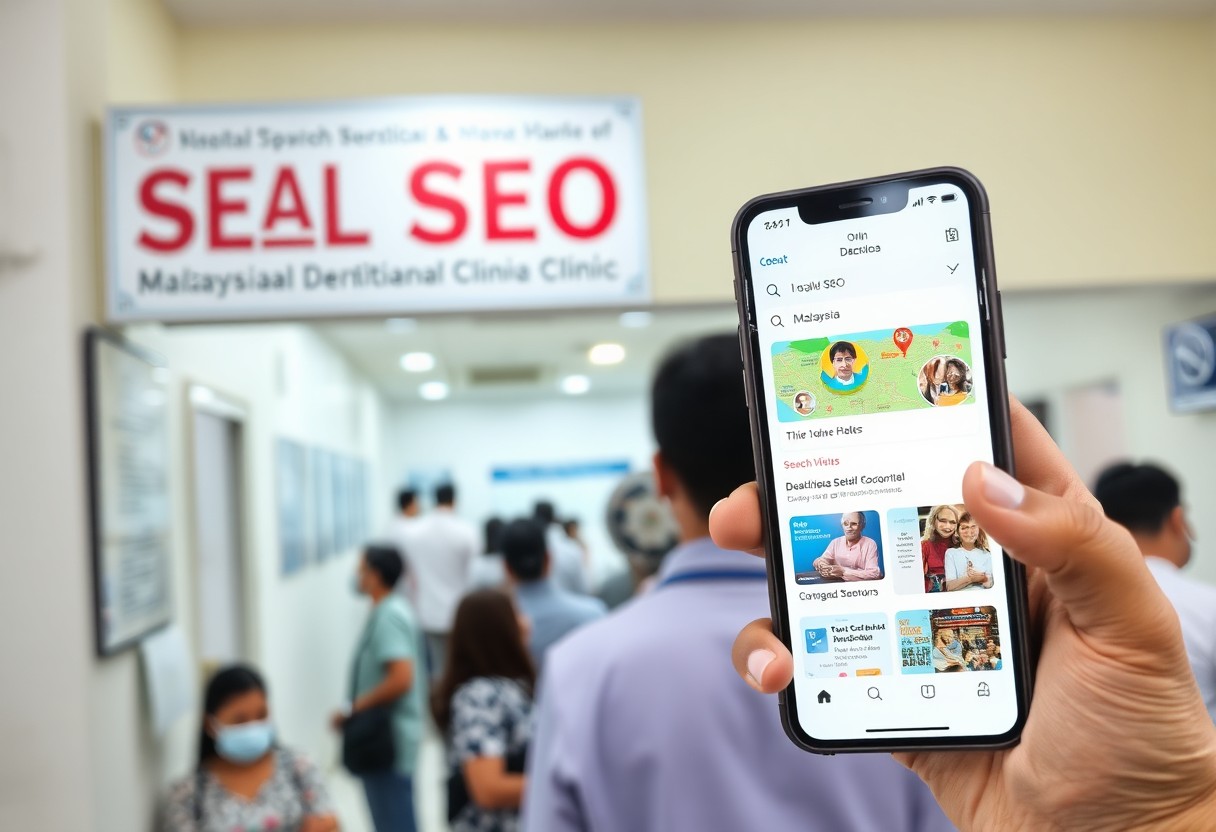

Given an informed patient base and an increasingly digital landscape, the days when healthcare professionals relied solely on word-of-mouth are long gone. Today, digital marketing has become a pivotal practice in the healthcare industry. As a healthcare professional, your online presence is an extension of your practice, and at the center of this online ecosystem sits your website—a virtual front door for your patients.
In recent years, the healthcare industry has embraced digital marketing, recognizing its vital role in connecting with and gaining the trust of potential and existing patients. A well-designed website goes beyond being purely informational—it serves as a platform to engage, interact, and build relationships with patients, increasing trust and loyalty over time.
Focused digital marketing strategies help attract new patients, retain old ones, and more importantly, position healthcare providers as trusted sources of vital health information. The website acts as a central hub for your digital marketing efforts, from patient testimonials to educational blog posts, online appointment scheduling, and more.
Creating a user-friendly website involves more than aesthetic design. It necessitates seamless navigation, mobile responsiveness, and clear, concise content to ensure a positive user experience. Patients need to quickly locate information about your services, operating hours, contact details, and team of doctors. A clear, organized navigation facilitates this and can significantly influence potential patients’ decisions.
Additionally, as an increasing number of people rely on their smartphones for virtually everything, a mobile-responsive design is of the essence. A website that adjusts effortlessly to different screen sizes is not only user-friendly but also signals professionalism.
Lastly, and perhaps most importantly, the content on your website should be clear, concise, and engaging. Long, convoluted paragraphs may deter would-be patients. Hence, providing key information in a digestible format is vital.
Visibility is critical in digital marketing, and therefore, your website needs to be well-optimized for search engines. This is where Search Engine Optimization (SEO) comes in. SEO helps to improve your website’s visibility on search engines, making it easier for potential patients to find your practice online.
Optimizing your website involves utilizing relevant keywords in your content, optimizing page load times, and ensuring smooth mobile usability among other things. While this might seem like a daunting task, hiring a professional to handle SEO can significantly improve your online visibility, leading to better patient acquisition and retention rates.
Patient engagement is at the heart of successful digital healthcare marketing. Your website is a powerful tool for this, offering features such as online appointment scheduling, secure communication channels, and patient health education resources.
Online appointment scheduling is a convenient tool for both healthcare providers and patients, reducing administrative workload and offering patients the flexibility to book, reschedule, or cancel appointments at their convenience.
Secure communication channels inspire confidence and trust among patients. By offering direct and secure communication channels, you authenticate your dedication towards patient privacy and security.
Moreover, educational resources such as blog posts and articles about common health issues can help you provide value to your patients, while also boosting your SEO efforts.
Take the Mayo Clinic website as an example. It offers a user-friendly interface, clear navigation, and an abundance of helpful, patient-focused resources, from health articles to online appointment scheduling. These qualities have boosted its online visibility and reputation over the years, illustrating the potential advantages of a robust website design in the healthcare sector.
Designing a clean, usable, and engaging website is by no means an easy task, but following these steps can guide you in the right direction. Remember, it’s not just about displaying information about your practice, it’s about engaging, educating, and most importantly, building trust with your patients.
As healthcare professionals, it is crucial to remember that a well-rounded website is a substantial part of your marketing strategy. It should reflect your practice’s guiding principles and authenticity while serving as a valuable source of information for patients. Used effectively, it can significantly enhance your online presence, ultimately leading to improved patient acquisition, retention, and satisfaction.



